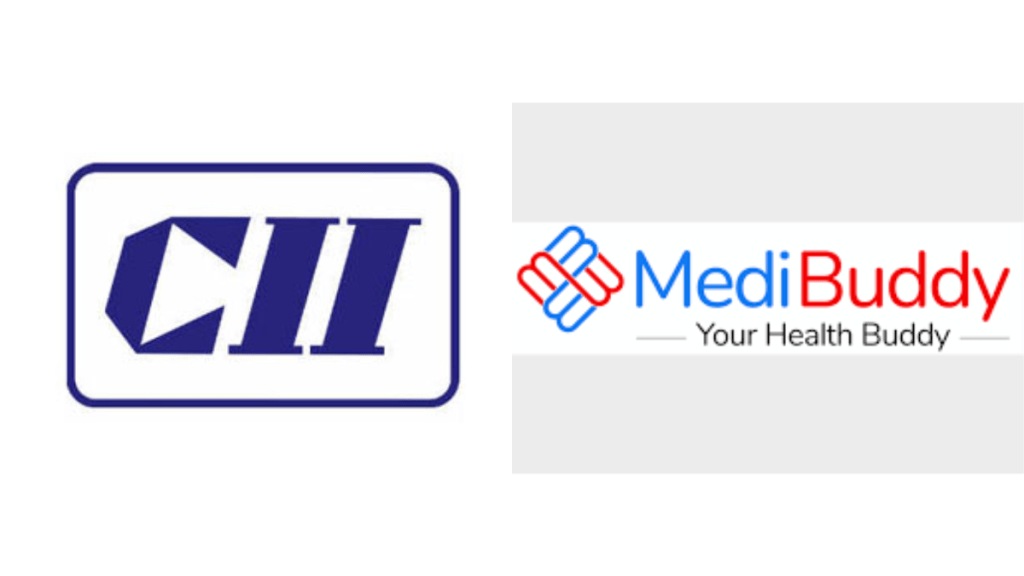MediBuddy, a digital healthcare platform, in collaboration with the Confederation of Indian Industry (CII), has unveiled a critical report titled “Mapping India’s Corporate Health and Wellness Landscape.” This report marks a significant advancement in the adoption of digital healthcare and corporate wellness initiatives. It reveals that a substantial number of job seekers prioritize employee wellness programs in their decision-making process, highlighting a growing awareness of the impact of employee well-being on corporate performance. This shift signals a transformative evolution in corporate health strategies across India, driven by technological advancements and a heightened focus on personalized wellness solutions.
Unprecedented Growth in Digital Healthcare
India’s digital healthcare sector is experiencing unprecedented growth driven by technological innovations, a vibrant startup ecosystem, and proactive government initiatives. Despite the challenges posed by the pandemic, these factors have significantly accelerated the adoption of digital health solutions nationwide. Key technological advancements, including AI, data analytics, and 5G, are revolutionizing healthcare delivery in India, enabling personalized care. The Ayushman Bharat Digital Mission (ABDM), a cornerstone government initiative, aims to establish the world’s largest digital health ecosystem, focusing on universal health coverage and robust digital infrastructure.
Compelling Statistics from the Report
The report presents several compelling statistics that highlight the current state of employee health and wellness in India:
Alarming Burnout Rates: 62 percent of Indian employees experience burnout, triple the global average of 20 percent. Work-related stress, remote work challenges, and poor work-life balance are primary contributing factors.
Financial Burden of Healthcare: 71 percent of employees spend an average of 5% of their annual income on out-of-pocket healthcare expenses, underscoring the need for more comprehensive employer-provided healthcare options.
Dissatisfaction with Current Wellness Offerings: Only 24 percent of employees feel satisfied with their current workplace health options, indicating a significant gap between employee needs and existing corporate wellness programs.
Impact of Wellness Initiatives on Productivity: Companies implementing comprehensive wellness programs report a 22 percent boost in employee productivity and a 14 percent decrease in medical costs per employee based on healthcare claims.
Evolving Employee Priorities: 72% of job seekers consider employee wellness programs crucial in their decision-making process, with a growing demand for personalized prevention strategies and convenient healthcare access.
Preference for Extension of OPD Benefits to Dependents:
More firms are offering benefits beyond just IPD insurance, such as consultations, medicines, lab tests, and mental health counselling. Extending wellness benefits to dependents, like parents, kids, partners (including same-sex partners), and siblings, attracts top talent and keeps them satisfied without significantly increasing costs.
A Pivotal Moment in Indian Healthcare
Satish Kannan, Co-founder & CEO of MediBuddy, stated, “We’re witnessing a pivotal moment in Indian healthcare, particularly in the corporate sector. Employee well-being has evolved from a peripheral concern to a core business strategy, driven by technological advancements and a growing recognition of its impact on organizational success. The landscape of employee well-being is evolving rapidly, traditional wellness initiatives, while valuable, are no longer enough. This report highlights a significant opportunity for Indian corporations to enhance their approach to employee health and wellness. This report serves as a roadmap for that transformation, offering insights that can shape the future of corporate wellness in India.”
Insights and Recommendations
The report emphasizes the importance of customized wellness programs based on employee demographics and personalized prevention strategies. Employees seek wellness programs that extend benefits to their loved ones, including dependents, and offer convenient healthcare options like teleconsultations. Today, more firms are offering benefits that go beyond just IPD insurance, such as consultations, medicines, lab tests, and mental health counselling, compared to pre-pandemic days.
Employees also prefer adaptable wellness programs that accommodate flexible work options, such as virtual fitness classes and mental health apps. Clear information about benefits and data protection is crucial. Regular surveys can address health issues and measure outcomes. Tech-powered wellness platforms are rising to meet the diverse needs of India’s corporate workforce, prioritizing preventive healthcare with regular screenings and healthy habits to prevent chronic illnesses, boost overall health, and improve productivity and job satisfaction.

